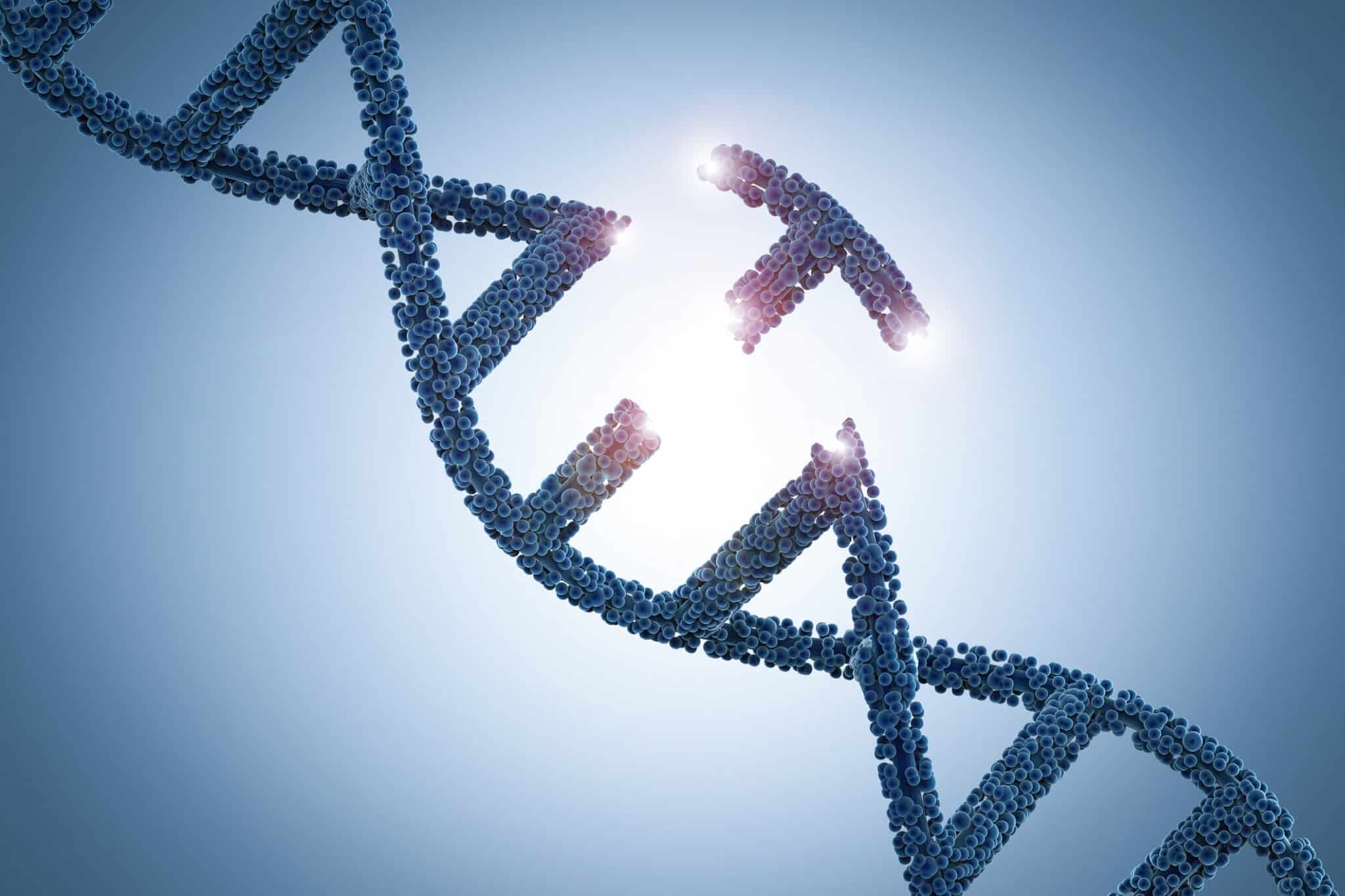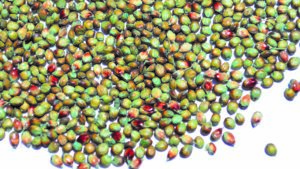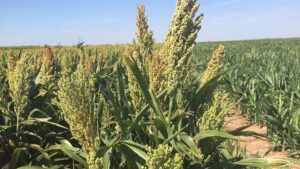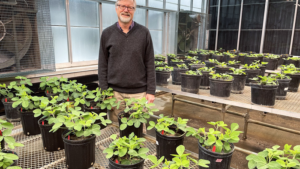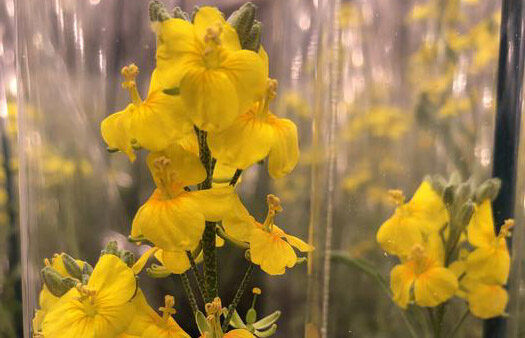In China, scientists found a gene that impacts the tolerance crops have towards alkaline according to a release. Finding this gene has the potential to improve yields in sodic environments through genetic engineering. Professor Xie Qi leads the team from the Institute of Genetics and Developmental Biology of the Chinese Academy of Sciences and is in collaboration with seven other institutions. The study has been published in Science.
Worldwide, there are over one billion hectares of saline and alkaline soil and of that 60% is highly sodic. Due to the amount of soil like this, scientists are looking to develop crops that are saline- and alkaline-resistant. In plants, alkaline tolerance has not been widely studied. According to the release, “The researchers first performed a genome-wide association study in a diverse sorghum panel and identified an important locus, Alkaline tolerance 1 (AT1), that encodes an atypical G protein Œ≥ subunit and controls alkaline tolerance. The AT1 gene has orthologs in other plants; in rice, it was named GS3.”
Qi’s team’s experiments demonstrated that the at1/gs3 allele produces a C-terminus truncation protein. This protein impacts the negative alkaline tolerance effect. When removing the AT1/GS3 the tolerance to alkaline stress in monocot crops is increased.
Field trials were done in saline and alkaline soils to assess the AT1/GS3 gene’s application in crops. The nonfunctional mutants found in many monocots, including sorghum, millet, rice and maize, impacted the field performance of the crops in biomass or yield production when compared to their unmodified controls.
More information: Chinese Academy of Sciences Newsroom.


